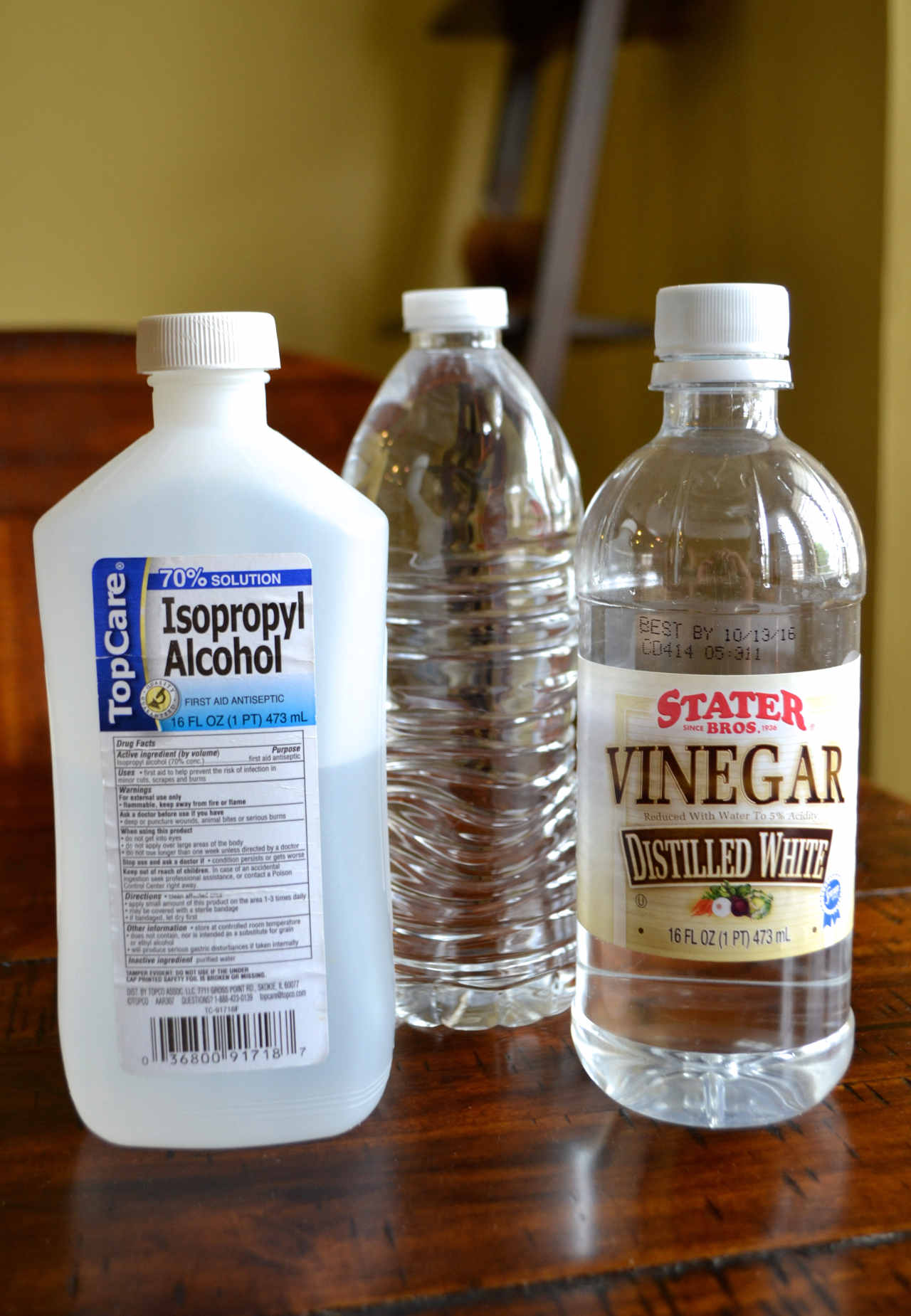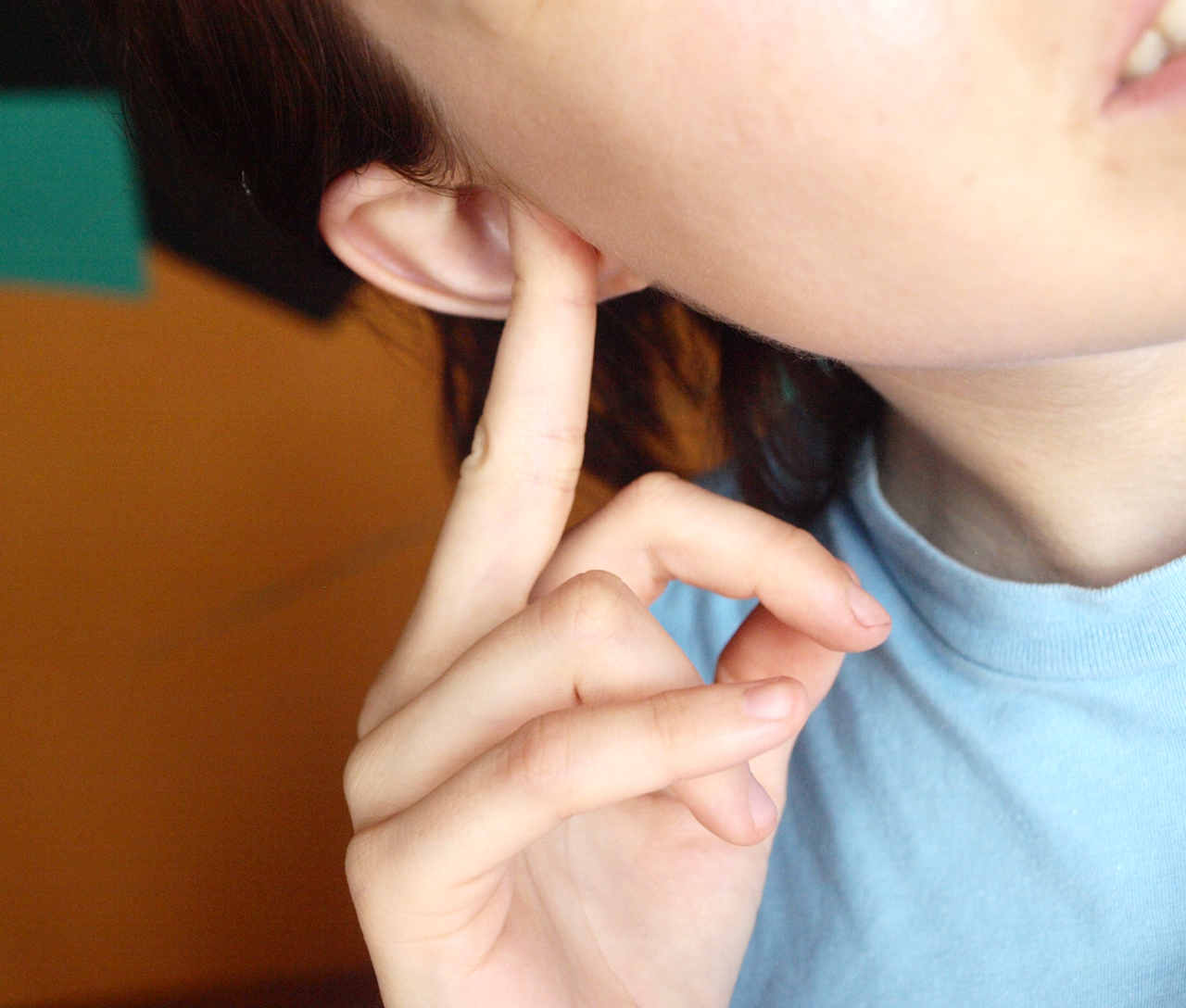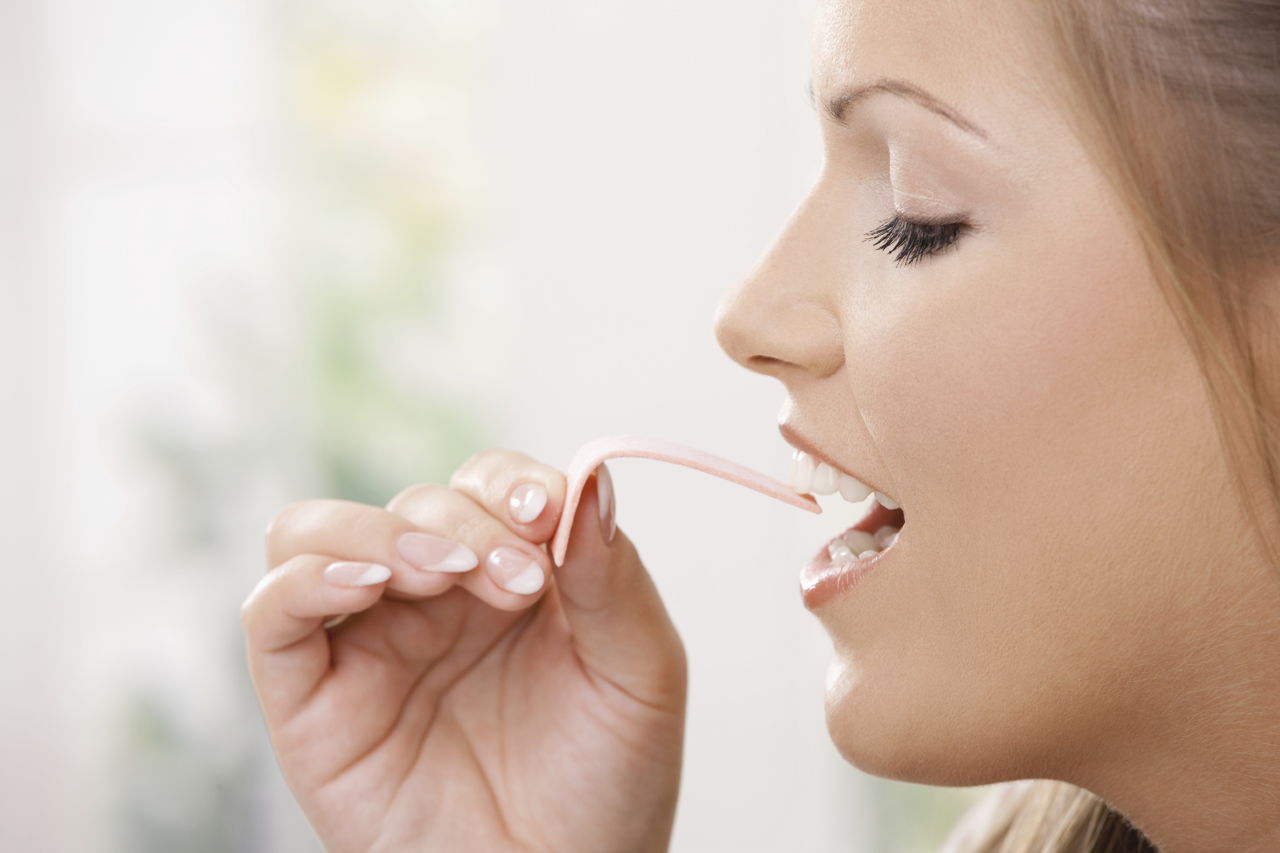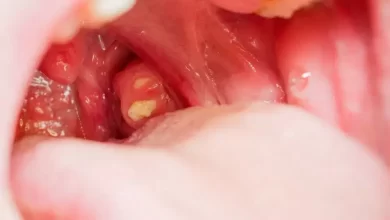How To Get Water Out Of Your Ear – 13 Sure Shot Ways
Did you get water in your ear while swimming or taking a shower? Are you feeling annoyed due to its presence in your ear? Do you want to know 12 proven sure shot ways on how to get water out of your ear instantly?
It’s common for swimmers to get water trapped inside their ears while swimming, but one can get it even while taking a shower. I am saying this because I have experienced it a number of times.
Most of the times water will drain on its own, but at times, it can be as stubborn as a mule. You may feel like you’re hearing from the bottom of a well and it can be painful as well.
If water doesn’t drain out on its own or you don’t get rid of it soon, then you may suffer from inflammation, infection or irritation in your ear canal or outer ear, which is also known as Swimmer’s Ear.
Before moving for the methods on how to get water out of your ear. Let’s check out the Symptoms of Water in the Ears.
Symptoms of Water in the Ears
Experiencing water in the ears is a common occurrence, especially after swimming or bathing. While it usually resolves on how to get water out of your ear, there are some symptoms associated with water in the ears that individuals may notice.
It’s essential to be aware of these symptoms to address any potential issues and prevent complications. Here are some common symptoms of water in the ears:
- Muffled Hearing: One of the most noticeable symptoms is a temporary decrease in hearing. The water can create a barrier, causing sounds to be muffled or distorted.
- Feeling of Fullness: Individuals with water in their ears may experience a sensation of fullness or pressure in the affected ear. This can be uncomfortable and may persist until the water is removed.
- Itching Sensation: Water in the ears can sometimes lead to an itching sensation, as the moisture may irritate the ear canal or trigger a mild allergic reaction.
- Tinnitus (Ringing or Buzzing): Some people may experience tinnitus, a perception of ringing, buzzing, or other sounds in the ears. This is often a temporary symptom associated with water in the ears.
- Vertigo or Dizziness: In some cases, water trapped in the ears can affect the balance mechanisms, leading to a temporary feeling of dizziness or imbalance.
- Discharge: If water remains trapped for an extended period, there is a slight risk of developing a secondary infection. Symptoms of infection may include discharge from the ear, which can be clear, cloudy, or even tinged with blood.
- Pain or Discomfort: While water in the ears typically doesn’t cause pain, some individuals may experience mild discomfort, especially if the water is accompanied by irritation or infection.
- Difficulty Balancing: Water in the ears can disrupt the normal balance function, leading to difficulty maintaining balance, particularly when moving the head.
Don’t feel tensed because we’ve listed a few tips below on how to get water out of your ear, that can work wonders to remove water from your ears.
Solid ideas on How to Get Water Out Of Your Ear Instantly
1. Gravity-Assisted Methods
— Tilt Your Head: One of the simplest methods is to tilt your head to the side, allowing gravity to help drain the water out. Gently shake your head to encourage the water to flow out.
— Pull on Your Earlobe: While tilting your head, gently pull on your earlobe in various directions. This can help create a small vacuum, assisting in the drainage of water.
2. Try Olive Oil To Dislodge Water From Ears
Olive oil is used in a number of home remedies to treat various conditions like stretch marks, acne scars, dandruff etc.
But you may not know that it can also be helpful in getting water out of ear. It is known to have antiseptic properties that can decrease the risk of infection in your ear.

If you put 2-3 drops of Olive oil in your ears before swimming, it’ll lubricate the ear canal and prevent water from getting trapped.
Hope Olive oil will solve you query about how to get water out of your ear?
Instructions:
- Take a small bowl and add a few drops of olive oil to it.
- Slightly warm the oil before using it.
- Put 3-4 drops of slightly warm olive oil into the affected ear.
- Wait for 7-10 minutes and then tilt your head sideways to drain oil as well as water.
3. Use A Blow Dryer To Evaporate Water In Your Ear
Using a blow dryer to get water out of your ear may sound weird, but science has proven that whenever dry, warm air passes over water; it pulls away water vapor.
Directions for use:
- Set the dryer to its lowest heat and air flow settings and hold it about 10-12 inches away from your ear.
- Pull the affected ear lobe away from your body and blow warm air back and forth across it for not more than 30 seconds.
- Wait for 50-60 seconds and then repeat it 3-4 times.
- You should immediately stop using a blow dryer if you’re feeling any pain in your ear or face.
4. Homemade Solution Of White Vinegar And Rubbing Alcohol

Using a mixture of white vinegar and rubbing alcohol is an age-old home remedy and solution for how to get water out of your ear that trapped inside the ear. The acid in the mixture breaks down the earwax (cerumen) that may be holding some water in the ear canal and also helps in killing the germs present in the ear.
Since the rubbing alcohol is a drying agent, it’ll help in drying the water in your affected ear.
Instructions:
- Take a tablespoon each of white vinegar and rubbing alcohol and mix them in a small bowl.
- Put 3-4 drops of this mixture in the ear using a dropper.
- Allow it to settle for 30-40 seconds and then tilt your head so that water can easily drain.
5. Take Advantage of Gravity

The easiest way for how to get water out of your ear is to let gravity do the work for you.
Instructions:
- You need to simply stand and tilt your head such that your affected ear is facing towards the ground.
- Place your palm on the affected ear and press it for a few seconds to create a temporary vacuum to remove water from ear.
6. Hydrogen Peroxide Can Draw Fluids Out Of Your Ear
Hydrogen peroxide is commonly used as a disinfectant and can also be used to get fluid out of the ear.
It has an effervescent property, which helps in easily removing the trapped water or fluid along with debris and ear wax from the ear canal.
Instructions:
- Fill the dropper with 3 percent hydrogen peroxide solution.
- Pour 5-6 drops in your affected ear.
- Wait for a minute or two till you can feel the bubbles and fizz.
- Let the solution drain properly by tilting your head downwards.
7. Hot Compress Can Be Your Savior
We know that hot compress can help to get rid of a hickey. But, it’s also an effective methods on how to get water out of your ear.
Fluid typically builds up in the Eustachian tube and water can stick there while swimming or taking a shower. Hot compress will help in opening the Eustachian tube, so that water can easily drain.
Directions:
- Take hot water in a bowl and dip a washcloth in it.
- Squeeze the washcloth firmly to take out excess water.
- Hold this hot compress against the ear in which water is trapped for nearly 25-30 seconds.
- Take a break for 50-60 seconds, and then repeat the procedure for 4-5 times.
- Lie down with your affected ear towards the ground to help remove water from ear.
8. Steam Can Open Eustachian Tubes

Like hot compress, inhaling steam can also help you in opening the Eustachian tubes to get water out of ear.
Instructions:
- Take a large bowl and boil it for a few minutes.
- Place the large bowl filled with steaming water on a flat surface.
- Bend over the bowl and cover your head with a clean towel.
- Slowly inhale the steam for 7-10 minutes.
- After that, tilt your head in such a way that the affected ear is over the bowl.
- Stay in this position for not more than 15 minutes to free your ear from water.
9. Hot Salt Compress Can Help You To Push Out The Water
As salt can easily absorb water, it can be used to treat water in the ear. You need to heat the salt to make a hot salt compress to evaporate the water and relieve pain.
Directions:
- Take one-fourth cup of salt and heat it using the microwave.
- Take the hot salt in a cotton cloth and tie it properly.
- Now hold the hot salt compress near the opening of your affected ear for around 3 minutes.
- Tilt your head to let water flow from your ear.
10. Garlic Can Work Wonders To Get Water Out Of Your Ears
Garlic is used in various home remedies and is really good for our health. It can prove to be a successful treatment and the answer for how to get water out of your ear?
Moreover, garlic is known to have antibacterial properties that can aid to prevent infection in your ear and also reduce pain.
Instructions:
- Take 3-4 garlic cloves and press them to extract its juice.
- Pour 2-3 drops of extracted garlic juice in the affected ear.
- Allow it to settle for about 50-60 seconds, and then blow dry the affected ear.
11. Perform Valsalva Maneuver
Getting water out of ear can be irksome and if nothing is working out for you just perform the Valsalva maneuver. It’ll help in popping your ears to open the Eustachian tubes to push water out of it.
Instructions:
- Pinch your nose with fingers while keeping your mouth closed.
- Take a deep breath and then gently blow air out of your nose.
- If you correctly follow our instructions, a mild popping sound will be heard by you, indicating that your Eustachian tubes are now open.
- Yawning and chewing motions can also be beneficial for you.
12. Clean Your Ear With a Soft Towel

Well, cleaning your ear isn’t a rocket science. But make sure not to push the cloth inside the ear as this will push the water further into your ear.
Instructions:
- Tilt your affected ear to a side.
- Clean the outside of your ear gently with a soft towel or clean cloth to remove some water.
You’ll not be able to remove all the water trapped in your ear, but you know: Something is better than nothing.
13. Chew Some Gum or Yawn
Chewing some gum can also aid in dislodging water from your ear.
The water is stuck in the eustachian tubes which are part of the inner ear and chewing gum can aid in getting rid of it.

Yawning can also pop the “bubble” of water inside your ear and free the eustachian tube. If you feel a “pop” sound or water shifting in your affected ear, it means yawning id doing its work.
Precautions
Here are a few important precautions that you need to follow while you have water trapped in your ear or looking for a solution for how to get water out of your ear.
- Use Earplugs or Swim Caps: When swimming or engaging in water activities, consider using earplugs or a swim cap to create a barrier that prevents water from entering your ears.
- Ear-Tilting Techniques: After swimming or showering, tilt your head from side to side and gently jump up and down. This can help encourage water to naturally drain out of your ears.
- Dry Ears Thoroughly: After water activities, use a soft towel to gently dry the external part of your ears. Tilt your head to the side to allow any residual water to escape.
- Avoid Inserting Objects into Your Ears: Refrain from using cotton swabs or any other objects to clean your ears. These can push earwax deeper or even damage the delicate structures of the ear, increasing the risk of water getting trapped.
- Choose Ear Drops Wisely: If you use ear drops for preventative measures or to aid in water drainage, ensure they are specifically designed for ear use. Avoid using substances like oils or liquids that are not intended for this purpose.
- Dry Your Hair Thoroughly: If you have long hair, make sure to dry it thoroughly after swimming or showering. Wet hair can contribute to water entering your ears.
- Be Cautious with Water Activities: Be mindful of the water activities you engage in, especially if you are prone to ear infections or have a history of ear issues. Consider wearing a swimming cap or avoiding activities with a high risk of water entering the ears.
- Regular Ear Checkups: Schedule regular checkups with an ear, nose, and throat (ENT) specialist, especially if you have a history of ear problems. They can provide guidance on preventative measures and identify any potential issues early on.
- Dry Your Ears After Rain: If you get caught in the rain, take a moment to dry your ears thoroughly afterward, especially if the rainwater may have entered your ear canal.
- Stay Informed: Educate yourself on proper ear care and hygiene. Understanding how the ears function and the potential risks can help you make informed decisions to prevent water-related issues.
When to Visit a Doctor
You should immediately visit a doctor if you have any of the following symptoms:
- You feel excruciating pain in the affected ear.
- You see a yellow-green, pus-like drainage from the ear
- A loss of hearing
- An itching of the ear canal or ear
Closing Words
We hope that above listed methods on how to get water out of your ear. However, if water is still trapped in your ear, you should immediately see a doctor and stop following these methods.
Water trapped in your ear can be an annoying and uncomfortable experience, but with these simple and safe methods, you can effectively and quickly get rid of it. If the problem persists or is accompanied by pain, consult a healthcare professional to rule out any underlying issues.
Don’t ever neglect this condition because it can cause serious infections in your ears. Remember, it’s essential to treat your ears gently to avoid causing any damage to the delicate structures within.
If you’ve used any other remedy and it has worked, you can share that with other readers in the comments below.
Don’t forget to share the article about how to get water out of your ear with your friends as it may be helpful to them in the future.

